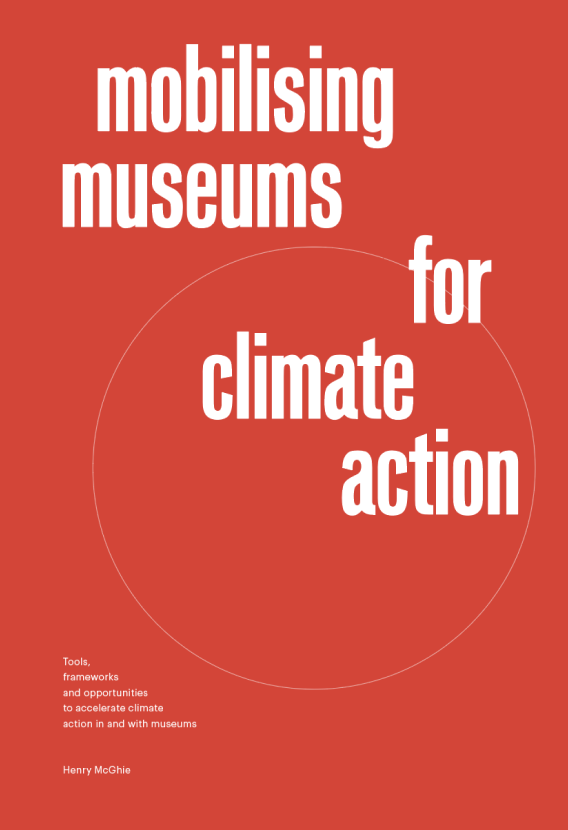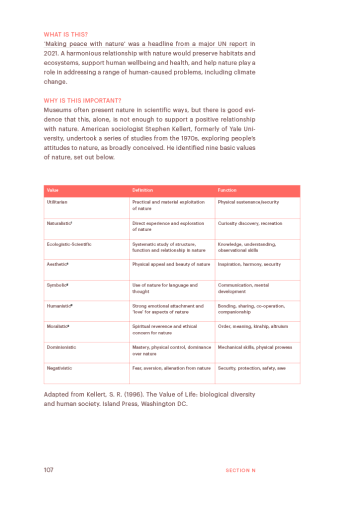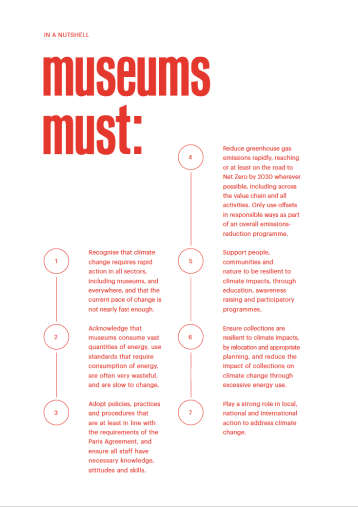Nature-based solutions
( Toolbox )
WHAT ARE THESE?
Nature-based Solutions (NbS) are “actions to address societal challenges through the protection, sustainable management and restoration of ecosystems, benefiting both biodiversity and human well-being” (IUCN).
WHY IS THIS IMPORTANT?
Nature-based Solutions are often proposed as a powerful tool for addressing climate change. The claims need to be understood properly in order for them to make sense, both to avoid ‘greenwash’, and to ensure that nature-based solutions are being used in ways that are genuinely good for both nature and people. The concept of Nature-based Solutions has many critics, as NbS are often spoken about as a ‘magic bullet’, when deep, real cuts in emissions are needed. Nature-based Solutions also cast nature in the role as a simple solution to human-caused problems, while the deeper problem is the unsustainable relationship between humans (at least some of them) and nature. There can be no full ‘solution’ without addressing the roots of the problem – over-consumption, wastefulness, burning of fossil fuels and release of other greenhouse gases, and the destruction of nature.
‘Nature-based Solutions’ mean roughly the same as ‘ecosystem services’ (although that only relates to the benefits people derive from nature), or ‘green and blue infrastructure’.
Restoring ecosystems – such as wetlands, peatlands, forests, seas and oceans – can be a means of strengthening nature-based solutions. This is one of the ways that the three Rio Conventions – the UNFCCC on climate, UNCCD on combating desertification, and CBD for biodiversity – interact with one another.
While Nature-based Solutions are perhaps most often thought of as tree-planting for climate mitigation, there are a wide range of NbS that can contribute to both climate mitigation and climate adaptation. Also, done badly, tree-planting can be very damaging for nature (the wrong trees in the wrong place for the wrong reasons).
The International Union for the Conservation of Nature has developed a Gold Standard for Nature-based Solutions, as a set of guidelines to help ensure Nature-based Solutions are applied in positive ways that address sustainable development challenges in a holistic way.
Oxford Net Zero has a webpage outlining how Nature-based Solutions (NbS) can contribute to climate action, and how offsets should be used in ethical and responsible ways to ensure that climate action is, in fact, action, and not greenwash. The benefits of Nature-based Solutions approaches regarding forests, peatlands, coastal and marine areas, agriculture and urban areas are explored.
The Oxford University-based Nature-based Solutions Initiative website includes case studies and an evidence platform. The Initiative has developed four guidelines to use regarding Nature-based Solutions (paraphrased below):
- NbS are not a substitute for the rapid phase-out of fossil fuels and must not delay urgent action to decarbonise our economies.
- NbS involve the protection, restoration and/or management of a wide range of natural and human-altered landscapes.
- NbS are designed, implemented, managed and monitored by or in partnership with Indigenous peoples and local communities through a process that fully respects and champions local rights and knowledge, and generates local benefits.
- NbS support or enhance biodiversity, that is, the diversity of life from the level of the gene to the level of the ecosystem.
WHAT DOES THIS MEAN FOR MUSEUMS?
Museums can help people understand Nature-based Solutions and to help them think critically about the (often overblown) claims of what they are, and what they are able to do.
They can support Nature-based Solutions in their own grounds, in their local community, and by working in partnership. They can help build support – financial and otherwise – for supporting and restoring Naturebased Solutions farther afield, and empowering people to support these initiatives.
Museums can empower people to take part in initiatives linked to Nature-based Solutions, and broader conservation of biodiversity, and ensure that their own operations and activities are contributing to these efforts. Among the most important initiatives are:
- International Decade of Ocean Science for Sustainable Development (2021–30).
- International Decade of Ecosystem Restoration (2021–30).
- Post-2020 Framework of Action in Support of the Convention on Biological Diversity.
FURTHER READING AND INFORMATION
Oppla is the EU repository of case studies on Nature-based Solutions in the EU and in Brazil.
Nature for Climate “promotes the critical role that nature plays in restoring balance to our climate”, and how Nature-based Solutions could provide 30% of the emissions reductions needed to meet the Paris Agreement target.
The Natural Climate Solutions World Atlas “is designed to help us all understand nature’s role in mitigating climate change through 16 ‘pathways’, activities that enhance the protection, restoration, and management of natural and working lands.”
Ecosystem-based Disaster Risk Reduction (Eco-DRR) means “the sustainable management, conservation and restoration of ecosystems to provide services that reduce disaster risk by mitigating hazards and by increasing livelihood resilience".
Museum Collections and Biodiversity Conservation (2019) explores how biodiversity researchers, biodiversity managers and museum curators consider the potential of museum collections to address the conservation of biodiversity, and manage climate impacts.
See sections on:
Reducing greenhouse gas emissions: climate mitigation (section d)
Coping with change: climate adaptation and resilience (section e)
Disaster Risk Reduction and ‘Build Back Better’ (section f)
Towards positive relationships with nature (section n)


